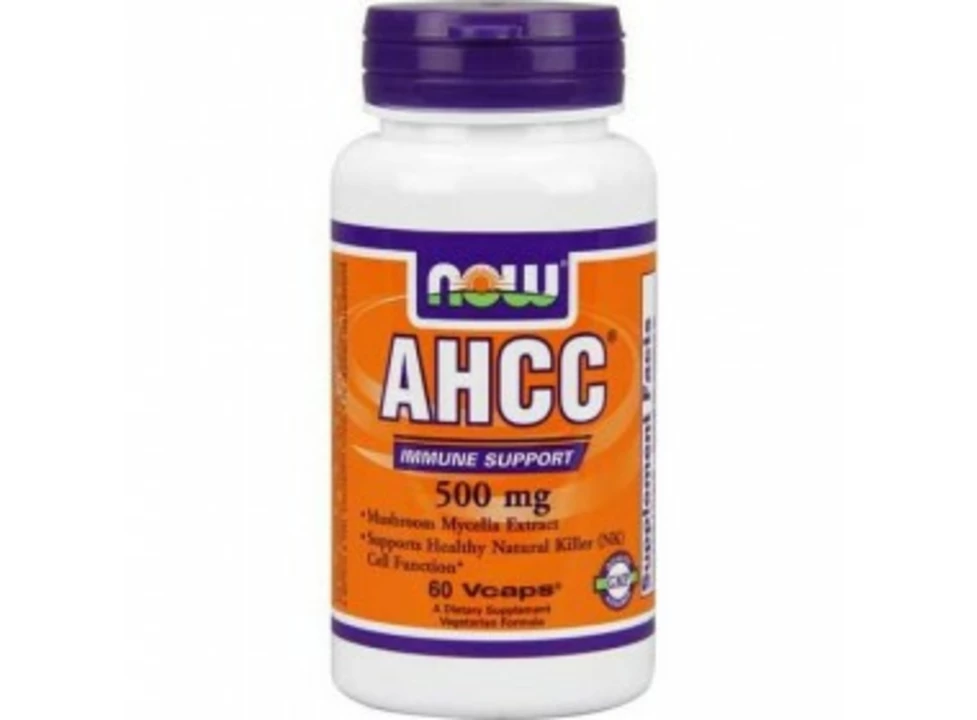Immune Support: Practical Tips You Can Use Today
Want to feel less run-down and handle seasonal bugs better? Small, consistent changes beat grand promises. This guide gives clear habits and specific supplements that many people find helpful—without the nonsense.
Daily habits that actually help
Sleep: aim for 7–9 hours. Poor sleep raises infection risk and lowers vaccine response. If you struggle, try a consistent bedtime, limit screens an hour before bed, and keep the room cool and dark.
Move: 20–40 minutes of moderate activity most days — brisk walking, cycling, or a quick home circuit — boosts circulation and immune cell function. Don't overtrain; very intense, prolonged exercise can temporarily lower immunity.
Eat whole foods: focus on vegetables, fruits, lean protein, whole grains, and healthy fats. Foods rich in vitamin C (bell peppers, oranges), zinc (pumpkin seeds, lean meats), and protein support immune recovery. Avoid excess processed sugar, which can blunt immune responses.
Hydration and stress: drink enough water and use simple stress tools—deep breathing, short walks, or 5–10 minutes of meditation. Chronic stress raises inflammation and weakens defenses.
Top supplements and how to use them
Vitamin D: many people are low, especially in winter. Common maintenance doses are 1,000–2,000 IU daily; if you’re deficient, doctors often prescribe higher short-term doses. Get a blood test before using high-dose vitamin D long-term.
Vitamin C: 500–1,000 mg daily is safe for most people and can shorten cold symptoms when started early. Higher doses may cause stomach upset or diarrhea.
Zinc: zinc lozenges or 15–30 mg daily at the first sign of a cold can reduce symptom length. Don’t take zinc long-term above 40 mg without medical advice—too much can cause copper deficiency.
Probiotics: a daily probiotic with 1–10 billion CFU can help gut health and may support immune balance. Choose strains with research backing (Lactobacillus, Bifidobacterium) and store them as directed.
Omega-3 (fish oil): 1,000 mg of combined EPA+DHA daily supports inflammation control. If you can’t eat fatty fish twice a week, a supplement is a practical option.
Safety first: supplements help but aren’t a replacement for vaccines or medical care. Tell your doctor about supplements if you take medicines—some interact with blood thinners, blood pressure meds, or immunosuppressants.
Buying smart: compare prices and pharmacy reputations before buying supplements or meds online. Look for licensed pharmacies, clear contact info, and third-party testing labels on supplements. If you’re buying from another country, check ingredient labels and consult a pharmacist if something looks different.
Small habits stack up. Pick one or two changes—better sleep, a vitamin D check, or regular walks—and keep them going. You’ll likely feel a difference within weeks.






